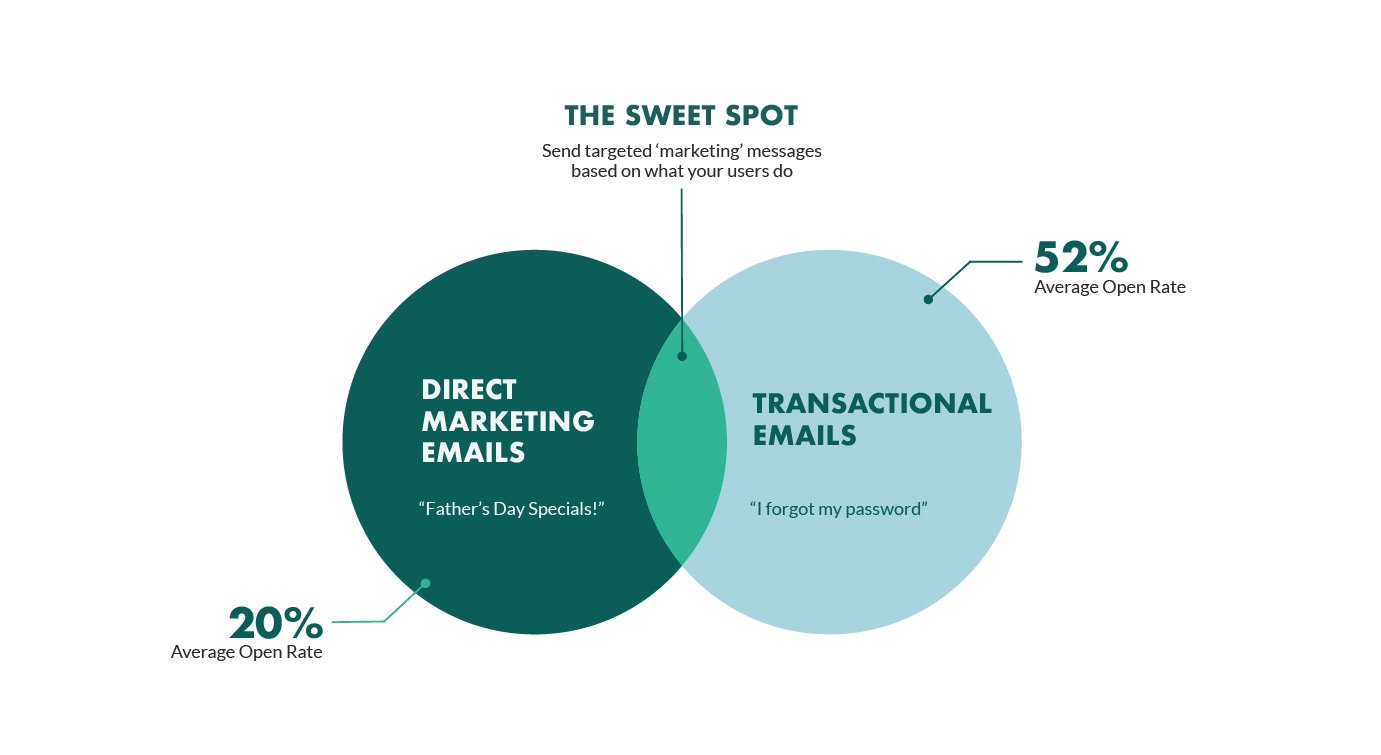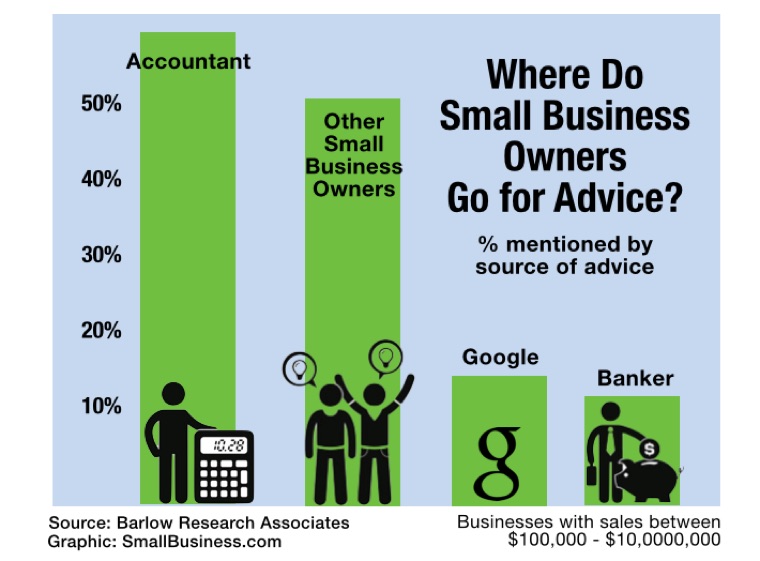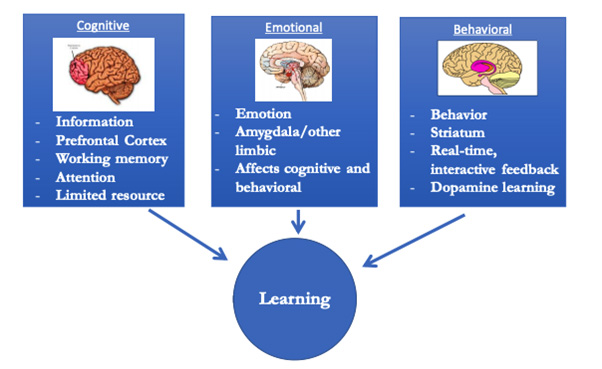Demystifying the Housing Tax Credits For Millions of Potential First-Time Home Buyers
 For the first time ever the United States government is providing tax credits for Americans who buy their first home. Many of the program’s provisions can be complex and confusing, especially for those unfamiliar with the process of purchasing a home. In order to take advantage of this system it is important to understand the specifics.
For the first time ever the United States government is providing tax credits for Americans who buy their first home. Many of the program’s provisions can be complex and confusing, especially for those unfamiliar with the process of purchasing a home. In order to take advantage of this system it is important to understand the specifics.
In an effort to jump start the collapsing housing market, this year’s stimulus package included an up to $8,000 tax credit for first time home buyers. However, time is running out on this program as only homes purchased before November 30 will be eligible to be included in the tax credit program. That is unless Congress decides to extend the program.
So here are a couple of the basic rules of the program:
1.) The tax credit you are eligible to receive from the government is equal to 10% of the purchased home, but only up to a maximum of $8,000.
2.) The home you are purchasing must be your primary residence, so second homes and vacation spots do not count.
3.) One of the seemingly most basic, but actually most complicated components of the plan is that you must qualify as a first-time home buyer. If neither you nor your spouse has ever owned a home before that you obviously qualify. But also, you can qualify as a first time buyer if neither you nor your spouse has owned a primary residence during the past three years.
4.) There are also income requirements associated with receiving the tax credits. If you are single and make $95,000 or less in adjusted gross income, or you are married and make $170,000 or less then you will be able to claim a partial tax credit. But in order to gain a full tax credit then the respective numbers are $75,000 if you are single and $150,000 if you are married.
5.) If you receive the tax credit you ought to be relatively sure you plan on staying in your home for at least the short term. You will have to pay back the tax credit if the home you purchase does not remain your primary residence for at least 36 months. Thus, if you sell your home or shift primary residences, then you will be forced to pay back the entire tax credit sum as additional taxes when you next file.
Now that you know these specifics, if you are planning on taking advantage of this policy time is of the essence. The process of searching for, finding, and purchasing a home can be more time consuming than many think. After making sure that you qualify hurry up and don’t let time run out on your ability to purchase your first home, with a little help from the government.









































